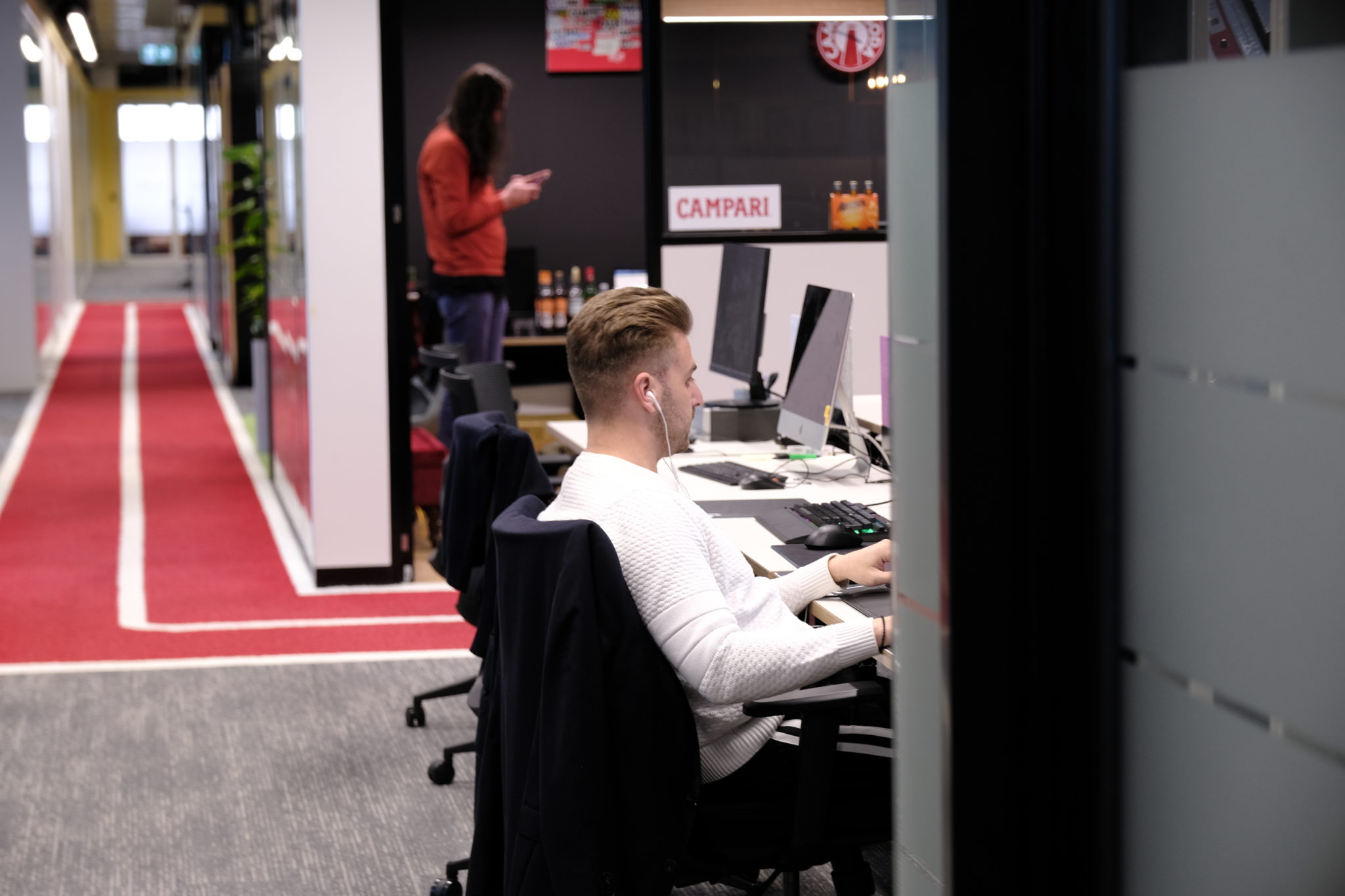In its early days, ‘coworking‘ seemed to be a buzzword to describe a trendy working style and idealistic practice only few would take the risk to embrace. Almost two decades on, it is very much an established and thriving industry that has emerged stronger and better regarded post-pandemic. As individuals, teams and entire workforces have proven they can continue to perform their jobs while being entirely distributed, coworking spaces are well positioned to answer the needs of the new age.
The Needs Of The New Age
To understand the needs of the new age, we must reflect upon the experiences of remote work during lockdown. While the transition was fast and furious, the norms around working from home are rapidly evolving and one thing is clear: remote work has left an impression.
Choice, autonomy and mobility are now at the forefront of employees’ minds as they rethink what work is to them once COVID transmission moderates. That’s not to say the physical office is obsolete; rather, its purpose has completely transformed.
Businesses should aim to create spaces that are wanted, needed and community based while financially recovering and meeting the safety challenges posed by the pandemic. As a result, coworking has emerged as the ‘to-the-rescue’ option.
Coworking To The Rescue
For businesses, downsizing from the CBD HQ to several satellite offices with all amenities and facilities taken care of can be a valuable strategy to reboot operations in an uncertain climate. Affording employees appropriate locations and spaces to work from, businesses are relinquished from unnecessary overheads and instead are reaping the benefits of flexible and affordable rental arrangements. Opting for a ready-to-occupy plug-and-play model allows businesses the freedom to expand and contract their portfolio as required in turn, saving on significant cost and effort.
Employees on the other hand enjoy a greater freedom of choice, more flexibility and shorter travel times to work – factors that are frequently associated with greater employee satisfaction. Employees’ health and psychological wellbeing are also supported through the wellness programs and thoughtful learning opportunities cultivated by coworking providers, fostering a collaborative environment that encourages connection. Something that has been severely lacking in the workspace over the last twelve months.
Coworking, although a concept benefiting from the ability of people coming together, is poised to play a significant role in the evolution of the office, even amidst a pandemic. Addressing health concerns as well as offering a solution to activity based working, flexibility and better space utilisation while preserving connection and company culture, it’s clear to see why coworking will become an integral part of the new normal.
We’d Love To Show You More
All Of Our Buildings Are City Fringe & Low Rise To Accomodate The New COVID World




